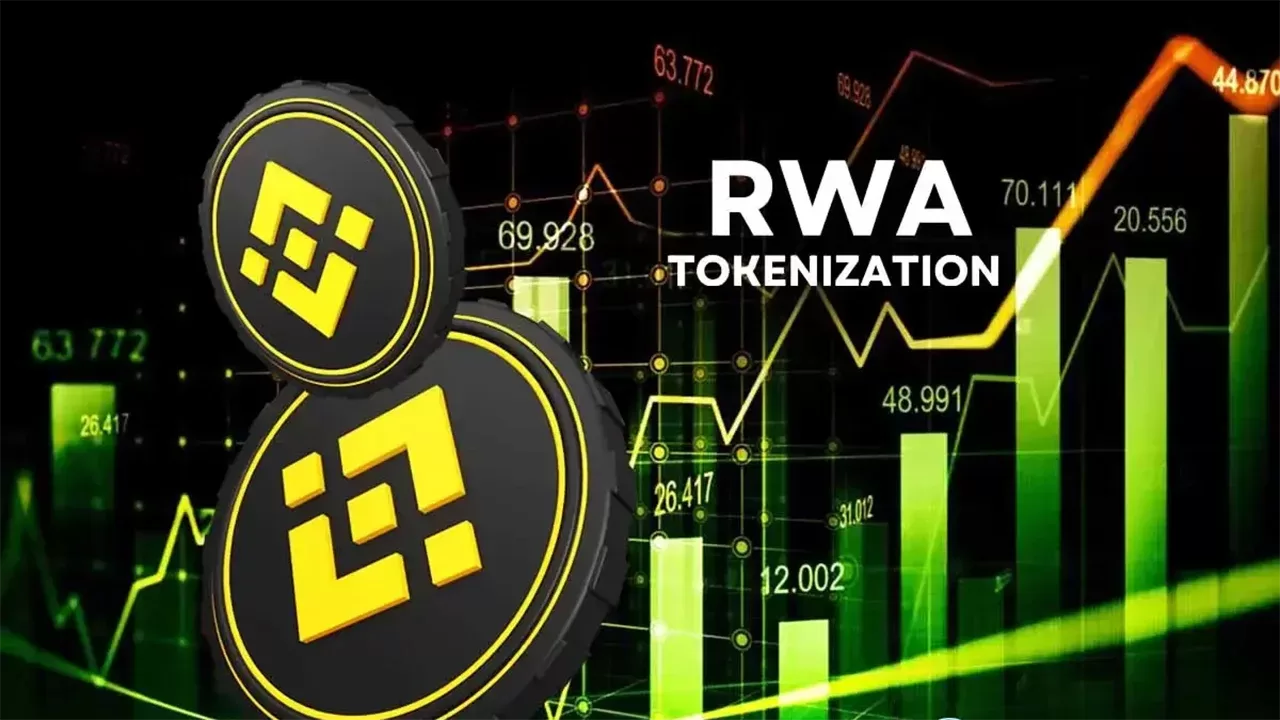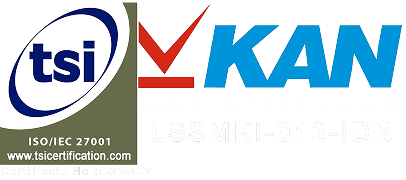Introduction to RWA Tokenization
What is RWA Tokenization?
RWA tokenization refers to the process of converting physical assets into digital tokens on a blockchain. This innovative approach enables the representation of real-world assets, such as real estate, commodities, or art, in a format that is easily transferable and tradable on online platforms. By utilizing blockchain technology, RWA tokenization ensures enhanced transparency and efficiency for asset transactions.
Importance of RWA in Current Markets
The tokenization of real-world assets in finance has gained considerable traction due to its potential to revolutionize various markets. Some key benefits include:
- Increased Liquidity: Tokenized assets can be traded 24/7, making it easier for investors to buy and sell.
- Broader Access: Smaller investors can participate in markets that were previously limited to high-net-worth individuals.
- Reduced Transaction Costs: Smart contracts can automate processes, minimizing fees and delays associated with traditional transactions.
Key Players in the RWA Tokenization Space
Several prominent players shape the RWA tokenization ecosystem. These include:
| Company | Focus Area |
|---|---|
| ✈️ Tokeny Solutions | Tokenization platform for various asset classes. |
| ? CurioInvest | Asset-backed token trading marketplace. |
| ? RealT | Real estate tokenization platform. |
As the tokenization of real-world assets in finance continues to evolve, these key players are paving the way for more inclusive and efficient financial markets.
Market Trends Influencing RWA Tokenization
Current Market Dynamics
The tokenization of real-world assets in finance is taking center stage as various market forces reshape the landscape. Key dynamics include:
- Increased Liquidity: Tokenized assets can be traded more easily, enhancing liquidity and attracting new investors.
- Diverse Investment Opportunities: The availability of tokenized assets promotes a broader range of investment options for both retail and institutional investors.
- Global Reach: Tokenization opens up international markets, enabling investors to access assets from different regions.
Impact of Regulatory Changes
Regulatory frameworks greatly influence the tokenization of real-world assets in finance. Recent developments include:
- Enhanced Compliance: As regulations tighten, compliance becomes crucial for successful tokenization initiatives.
- Facilitation of Institutional Adoption: Clear guidelines facilitate adoption among traditional financial institutions, fostering trust.
- Market Entry Barriers: Stricter regulations may pose challenges for new entrants looking to tokenize assets.
Technological Innovations Shaping the Future
Emerging technologies are revolutionizing the tokenization of real-world assets in finance, including:
- Smart Contracts: Automating transactions and reducing the need for intermediaries.
- Blockchain Technology: Ensuring transparency and security in asset transactions.
- Decentralized Finance (DeFi): Expanding the scope of tokenized assets within decentralized ecosystems.
Case Studies of Leading Firms
BlackRock’s Approach to RWA Tokenization
BlackRock is at the forefront of the tokenization of real-world assets in finance. Their innovative strategies focus on enhancing liquidity and accessibility for investors. Here’s how they are making waves:
- Utilizing blockchain technology to streamline asset management processes.
- Creating fractional ownership opportunities through tokenization, allowing smaller investors to participate.
- Ensuring compliance and security via smart contracts, minimizing risks associated with traditional investments.
Insights from Apollo Asset Management
Apollo Asset Management has effectively harnessed the tokenization of real-world assets in finance to optimize their investment offerings. Some key insights include:
- Investing in tokenized assets to diversify their portfolios, targeting high-growth sectors.
- Adopting a multi-faceted approach to risk assessment, aided by real-time data analytics.
- Engaging in strategic partnerships to expand their tokenization initiatives and drive innovation.
Hamilton Lane’s Market Strategies
Hamilton Lane is leveraging the tokenization of real-world assets in finance to unlock new market strategies. They focus on:
- Implementing advanced data analysis for informed decision-making in the tokenization space.
- Enhancing investor access through fractional investments, democratizing asset ownership.
- Staying ahead of regulatory changes to maintain a robust framework for tokenized assets.
Challenges Facing RWA Tokenization
Regulatory Hurdles
The journey towards the tokenization of real-world assets in finance is fraught with regulatory challenges. These obstacles can hinder the smooth progress of tokenization initiatives:
- ? Inconsistent Regulations: Different jurisdictions may have varying regulations affecting asset tokenization.
- ?️ Compliance Requirements: Navigating complex compliance mandates can be a daunting task for companies.
- ⚠️ Legal Ambiguity: Uncertainties in laws regarding ownership and fractionalization could create legal pitfalls.
Market Adoption Challenges
Despite the potential of the tokenization of real-world assets in finance, several factors impede wide market acceptance:
- Consumer Awareness: Many potential users are still unaware of the benefits and functionalities of asset tokenization.
- Trust Issues: Building trust in new technologies is essential for widespread market adoption.
- Investment Readiness: Stakeholders may hesitate to invest due to the novelty and perceived risks associated with tokenized assets.
Technical and Operational Obstacles
The technical landscape surrounding the tokenization of real-world assets in finance presents its own set of challenges:
- Infrastructure Development: Establishing reliable infrastructure for issuing and managing tokenized assets can be resource-intensive.
- Interoperability Issues: Ensuring that different tokenization platforms can work together seamlessly is crucial.
- Scalability Concerns: Solutions must be scalable to handle increased transaction volumes as adoption grows.
Investor Considerations
Risk Assessment in RWA Investments
When venturing into the tokenization of real-world assets in finance, it’s crucial to evaluate potential risks. Here are some considerations:
- Market Volatility: Prices of tokenized assets can fluctuate significantly.
- Regulatory Challenges: Understanding legal frameworks is vital to mitigate potential compliance risks.
- Technology Risks: Ensure that the infrastructure supporting these tokens is robust and secure.
Diversification Opportunities with RWAs
Investing in tokenization of real-world assets in finance can provide a pathway to diversify your portfolio effectively. Consider these benefits:
| Asset Type | Diversification Benefits |
|---|---|
| ? Real Estate | Access to different property markets without high upfront costs. |
| ? Art | Ability to invest in fractional ownership of high-value artworks. |
| ? Commodities | Hedge against inflation and market downturns. |
Long-term Growth Potential
The tokenization of real-world assets in finance is not just a trend; it represents a significant evolution in investment opportunities. Here’s why you should consider long-term growth:
- ? Improved Liquidity: Tokenized assets can be traded more easily, providing quicker access to your capital.
- ? Global Access: Investors can participate in various markets worldwide, unlocking diverse opportunities.
- ? Innovative Solutions: Enhanced transparency and security through blockchain technology.
Embracing these aspects can lead to a more resilient investment strategy for the future.
Future Outlook for RWA Tokenization
Predicted Market Growth
The tokenization of real-world assets in finance is poised for significant expansion. Experts anticipate that the market will experience explosive growth in the coming years, driven by increasing demand for digital asset solutions. Key factors include:
- Enhanced liquidity in traditional markets
- Broader adoption of blockchain technology
- Greater institutional investment in tokenized assets
As these trends gain traction, the tokenization market could reach several billion dollars by the end of the decade, reshaping traditional financing frameworks.
Innovations on the Horizon
The landscape of real-world asset tokenization is rapidly evolving, with several innovations on the brink of introduction. Anticipated advancements include:
- Smart contract improvements for greater security and efficiency
- Interoperable platforms that streamline cross-chain transactions
- Decentralized finance (DeFi) solutions tailored for tokenized assets
These innovations are likely to enhance the viability of tokenized assets, making them more attractive to a wider range of investors.
Global Impact and Accessibility
The tokenization of real-world assets in finance promises to democratize investment opportunities across the globe. By breaking down barriers to entry, individuals from various socio-economic backgrounds can access these emerging markets. Key benefits include:
- Lower minimum investment thresholds?
- Increased participation from retail investors ✅
- Enhanced transparency in asset ownership ?
The global implications of this access could foster economic growth and a more equitable financial landscape, allowing everyone to share in the potential benefits of emerging technologies.
Conclusion
Summary of Key Insights
In today’s rapidly evolving financial landscape, the tokenization of real-world assets in finance has emerged as a pivotal concept. Here are some essential takeaways:
- Tokenization offers enhanced liquidity for assets traditionally considered illiquid, such as real estate and art.
- It enables fractional ownership, making investments more accessible to a broader audience.
- Smart contracts play a crucial role, ensuring transparency and reducing the need for intermediaries.
- Global reach: Digital assets can be traded around the clock, breaking geographical barriers.
Call to Action for Investors
As tokenization continues to reshape the investment landscape, it’s vital for investors to stay informed and adapt to these changes. Consider the following steps:
- Research various platforms offering tokenized investment opportunities.
- Evaluate the risks and benefits associated with each asset type prior to investing.
- Engage with communities and forums to share insights and experiences.
Final Thoughts on RWA Tokenization Trends
The trend towards the tokenization of real-world assets in finance is here to stay. It combines innovation with practicality, reshaping the way we perceive and engage with tangible investments. As this phenomenon gains momentum, it opens doors to new business models and investment strategies—ultimately democratizing access to wealth creation. Embrace these changes and explore how they can benefit your investment portfolio for a more prosperous future ?.



